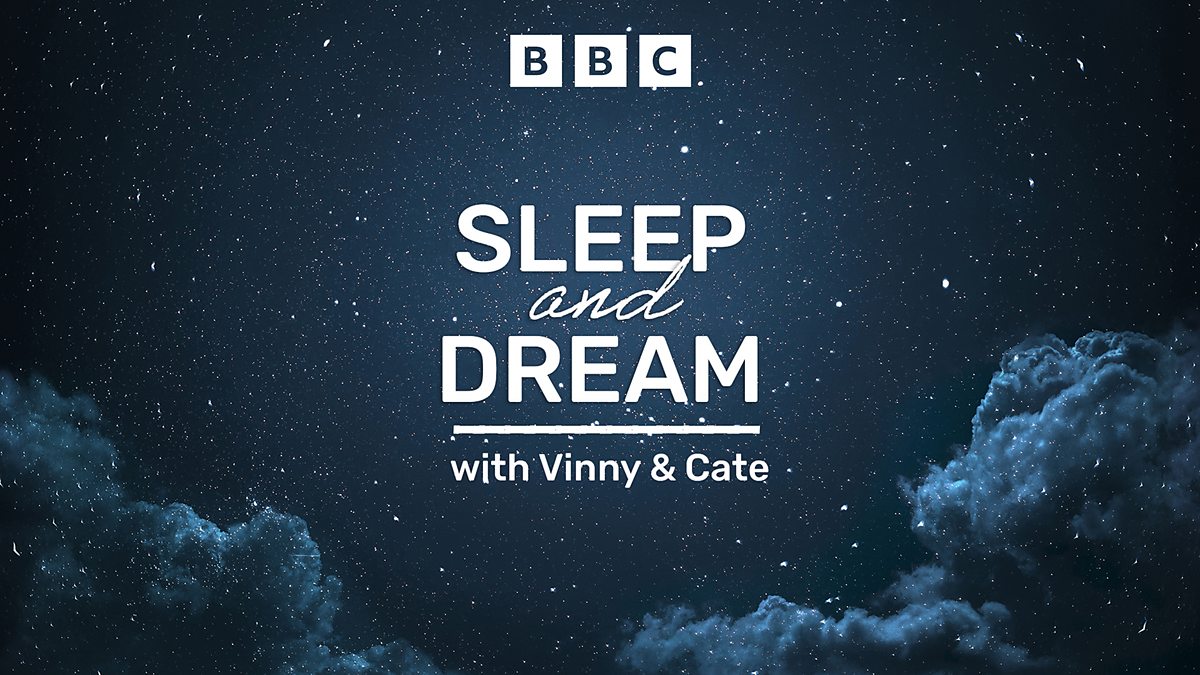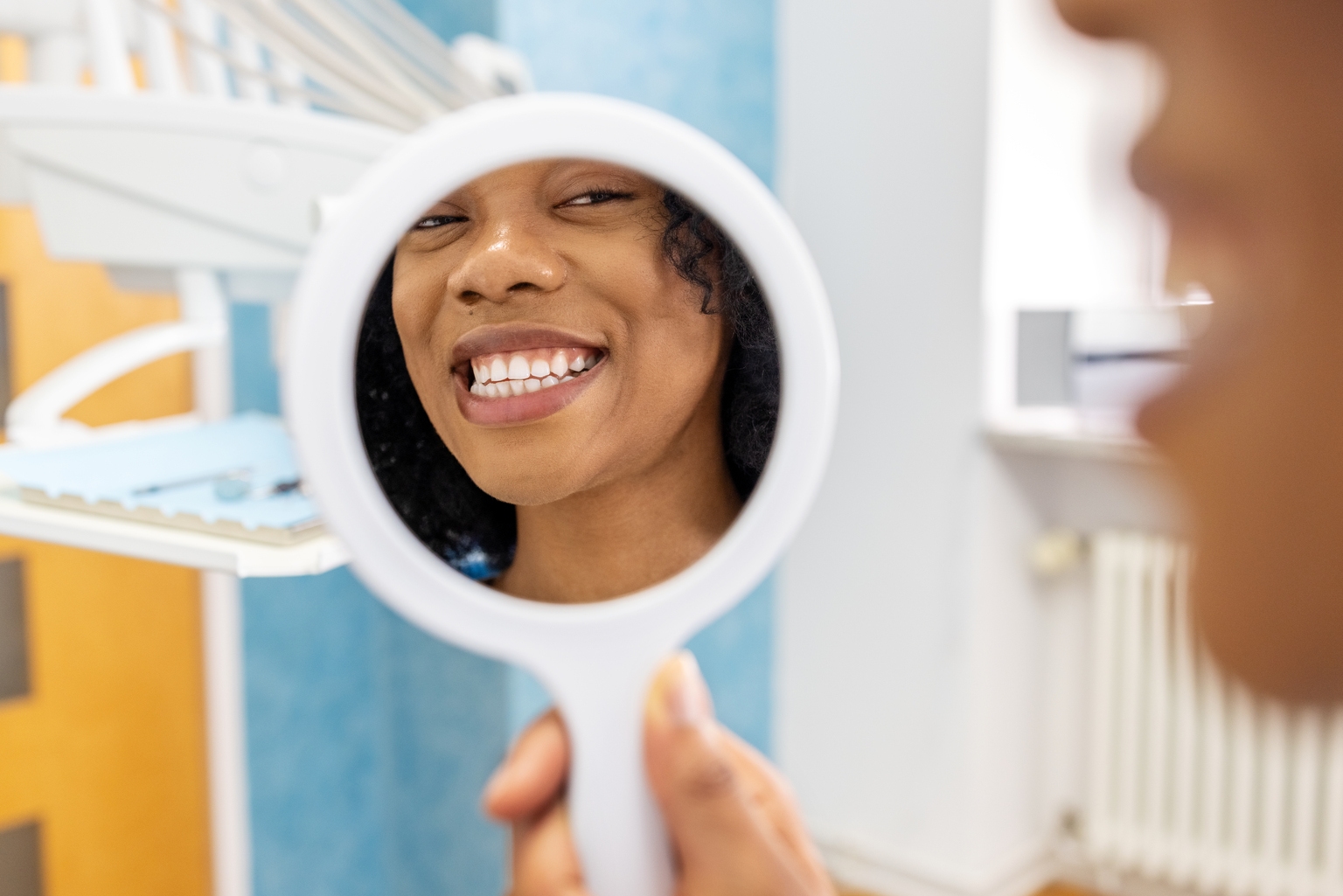Tech to Help You Sleep: A Kiwi's Guide to Better Rest & Sleep Diaries
2025-08-06

BBC
Struggling to get a good night's sleep? You're not alone! With a massive range of sleep gadgets and apps promising better rest, it can be overwhelming to know where to start. This week, Vinny and Cate chat with Dr David Garley, a GP and Sleep Doctor, to unpack the world of sleep technology and how it can actually help – or hinder – your sleep.
Why is Sleep So Important? Let's face it, we all know we *should* be getting enough sleep. But do we really understand why it's so crucial? Beyond just feeling less grumpy, quality sleep is vital for everything from your immune system to your mood, concentration, and even your long-term health. Lack of sleep can contribute to serious health conditions like heart disease, diabetes, and obesity.
The Rise of Sleep Tech From smartwatches tracking your sleep cycles to apps promising personalised sleep schedules, the market is flooded with sleep technology. We'll explore some of the most popular gadgets, including:
- Sleep Trackers (Fitbit, Apple Watch, etc.): These devices monitor your movement, heart rate, and breathing patterns to estimate your sleep stages (light, deep, REM).
- Sleep Apps (Headspace, Calm): Offering guided meditations, relaxing sounds, and sleep stories to help you wind down.
- Smart Beds & Mattresses: Some beds can even adjust temperature and firmness based on your sleep patterns.
- White Noise Machines & Soundscapes: Blocking out distracting noises to create a more peaceful sleep environment.
Does Sleep Tech Actually Work? Dr Garley weighs in on the science behind these gadgets. While some trackers can provide useful insights, he cautions against becoming overly reliant on them. “It’s easy to get caught up in the data and become anxious about your sleep,” he explains. The key is to use the information as a guide, not a source of stress.
The Power of a Sleep Diary Before investing in expensive gadgets, Dr Garley recommends a simpler, yet surprisingly effective tool: a sleep diary. A sleep diary is a simple record of your sleep habits, including:
- Bedtime & Wake-up Time
- Time it took to fall asleep
- Number of times you woke up during the night
- What you ate and drank before bed
- Exercise and Stress Levels
Kiwi Tips for Better Sleep Dr Garley shares some practical tips for improving sleep, tailored for the Kiwi lifestyle:
- Create a Relaxing Bedtime Routine: Wind down with a warm bath, reading, or listening to calming music.
- Limit Screen Time Before Bed: The blue light emitted from screens can interfere with melatonin production.
- Ensure Your Bedroom is Dark, Quiet, and Cool: Optimal sleep conditions are crucial.
- Be Mindful of Caffeine & Alcohol: Avoid these substances close to bedtime.
- Regular Exercise: But avoid intense workouts right before bed.
The Bottom Line Sleep technology can be a helpful tool, but it’s not a magic bullet. Combining smart use of sleep trackers with good sleep hygiene practices and, importantly, a sleep diary, is the best approach to achieving a truly restful night's sleep. Talk to your GP if you’re experiencing persistent sleep problems.




